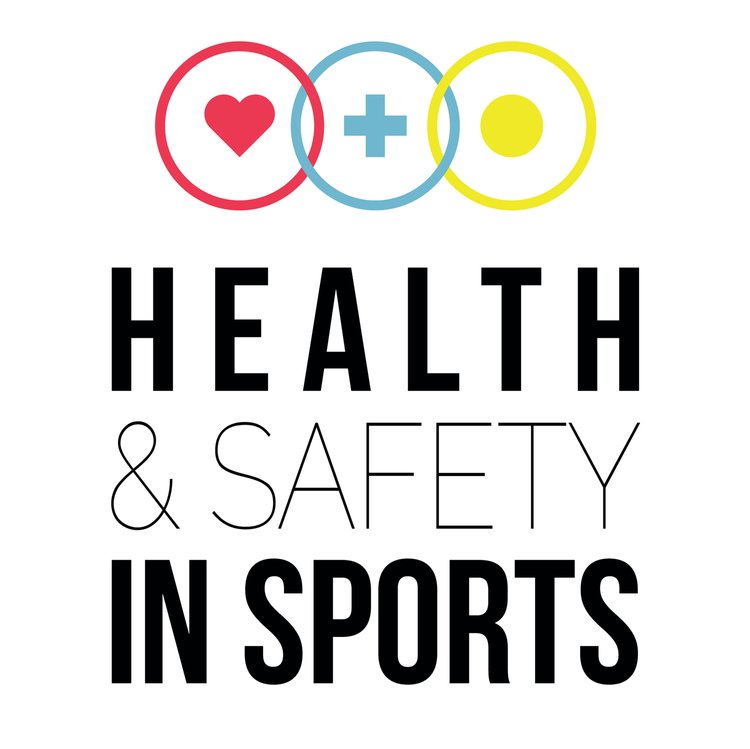Hot from the press and just published in the British Journal of Sports Medicine (online first), is our latest manuscript on prevention of running related injuries (RRIs) in Dutch trail-runners. The last paper of Luiz Hespanhol's PhD thesis that remained unpublished.
As you may well know society is pressured by a physical inactivity pandemic. The negative health consequences of physical inactivity are well described in the literature, and it is a no brainer that promotion of physical activity will have substantial health effects. Implementing running as a means of promoting physical activity is, specifically, a cost-effective method to increase individuals' health status. Nonetheless, the risk of running-related injuries (RRIs) is a matter of concern because RRIs may lower the motivation to run and RRIs can also reach severity levels that might lead to dropping out of running practice. Tailored online interventions are promising in promoting preventive behaviour in runners. They are attractive due to their convenience, availability, interactivity, relative low cost to develop and implement and their ability to reach a large number of people. Therefore, this study evaluated the effectiveness of adding online tailored advice (TrailS6) to general advice on (1) the prevention of RRIs and (2) the determinants and actual preventive behaviour in Dutch trail runners.
Methods
Two-arm randomised controlled trial over 6 months. 232 trail runners were randomly assigned to an intervention or control group. All participants received online general advice on RRI prevention 1 week after baseline. Every 2 weeks, participants in the intervention group received specific advice tailored to their RRI status. The control group received no further intervention. Bayesian mixed models were used to analyse the data.
Results
Trail runners in the intervention group sustained 13% fewer RRIs compared with those in the control group after 6 months of follow-up (absolute risk difference −13.1%, 95% Bayesian highest posterior credible interval (95% BCI) −23.3 to −3.1). A preventive benefit was observed in one out of eight trail runners who had received the online tailored advice for 6 months (number needed to treat 8, 95% BCI 3 to 22). No significant between-group difference was observed on the determinants and actual preventive behaviours.
Conclusions
The addition of online tailored advice adjusted every 2 weeks for the running-related injury (RRI) classification generated by the Oslo Sports Trauma Research Centre Questionnaire on Health Problems (ie, no injury, non-substantial injury or substantial injury) to general advice was effective on preventing RRIs when compared with online general advice given only at baseline.
Online tailored advice may constitute a preventive component in multicomponent prevention programmes in order to enhance the likelihood of preventing RRIs. The addition of online tailored advice to general advice, however, seems to be ineffective for changing individual preventive behaviours towards the prevention of RRIs when compared with online general advice given only at baseline.
One out of eight trail runners receiving online tailored advice (TrailS6) every 2 weeks rather than receiving general advice given only at baseline may benefit from an RRI preventive effect over 6 months.
Hespanhol LC, van Mechelen W, Verhagen E. Effectiveness of online tailored advice to prevent running-related injuries and promote preventive behaviour in Dutch trail runners: a pragmatic randomised controlled trial. Br J Sports Med 2017;:bjsports–2016–097025. doi:10.1136/bjsports-2016-097025

